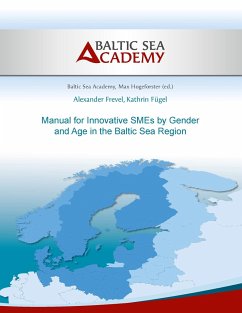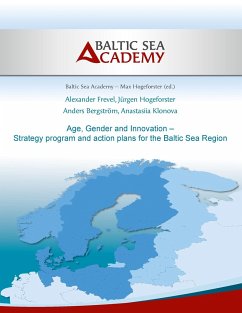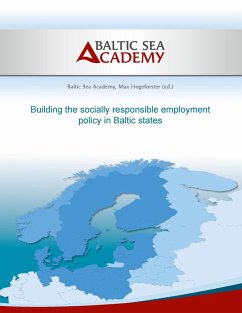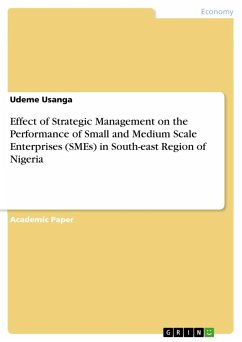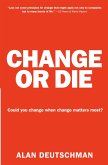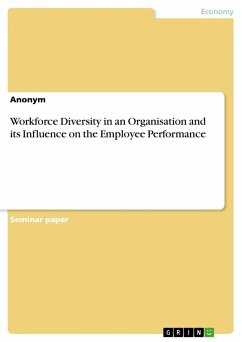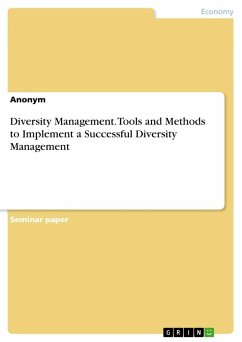Lack of qualified staff is one of the main reasons for SMEs to not being as innovative as possible. At the same time the available human resources (HR) are not fully employed. In the Baltic Sea Region (BSR) the labour participation of women and elders is very low particularly in the countries south of the Baltic Sea.
This publication was developed as part of the flagship project of the EU Strategy for the Baltic Sea Region Innovative SMEs by Gender and Age (QUICK-IGA) . The results of the economic and labour market analyses and the BSR-wide study of Best as well as the results and experiences of the implemented Train the Trainer programme and existing instruments for the management of demographic change at the enterprise are evaluated systematically and combined in the manual. The aim of the current manual is to increase innovation capacities through higher labour participation of women and elders in SMEs. It focuses on boosting motivation and workability, thus increasing the rate of women an elderly participating in work life.
Hinweis: Dieser Artikel kann nur an eine deutsche Lieferadresse ausgeliefert werden.
This publication was developed as part of the flagship project of the EU Strategy for the Baltic Sea Region Innovative SMEs by Gender and Age (QUICK-IGA) . The results of the economic and labour market analyses and the BSR-wide study of Best as well as the results and experiences of the implemented Train the Trainer programme and existing instruments for the management of demographic change at the enterprise are evaluated systematically and combined in the manual. The aim of the current manual is to increase innovation capacities through higher labour participation of women and elders in SMEs. It focuses on boosting motivation and workability, thus increasing the rate of women an elderly participating in work life.
Hinweis: Dieser Artikel kann nur an eine deutsche Lieferadresse ausgeliefert werden.

